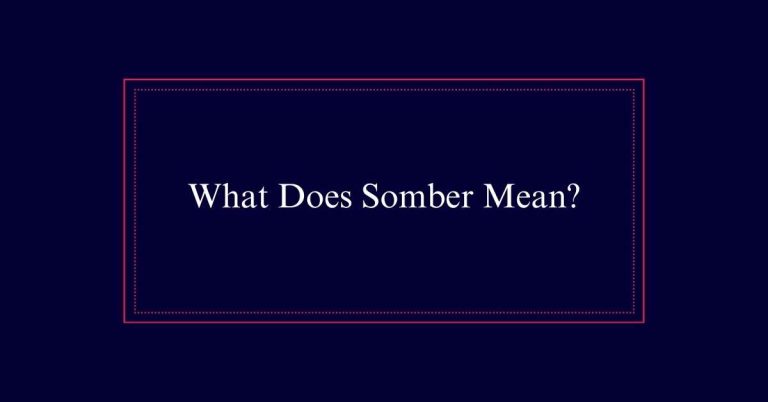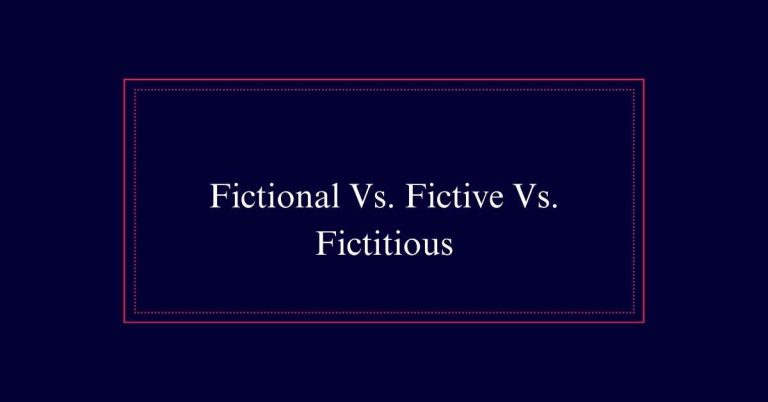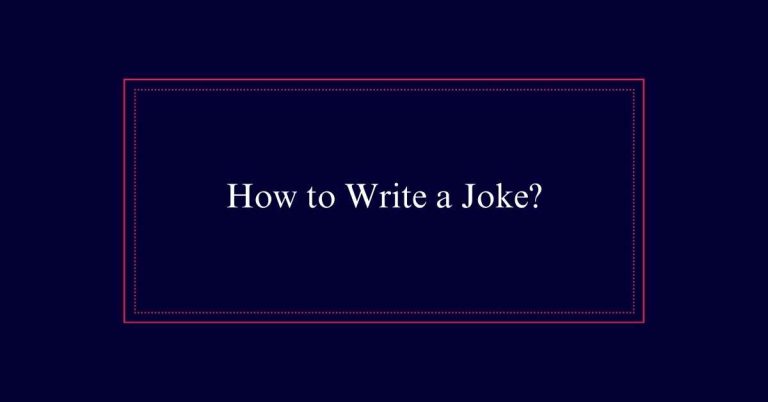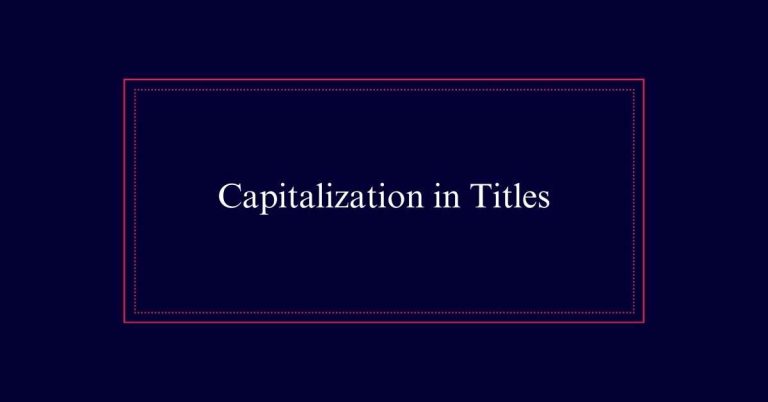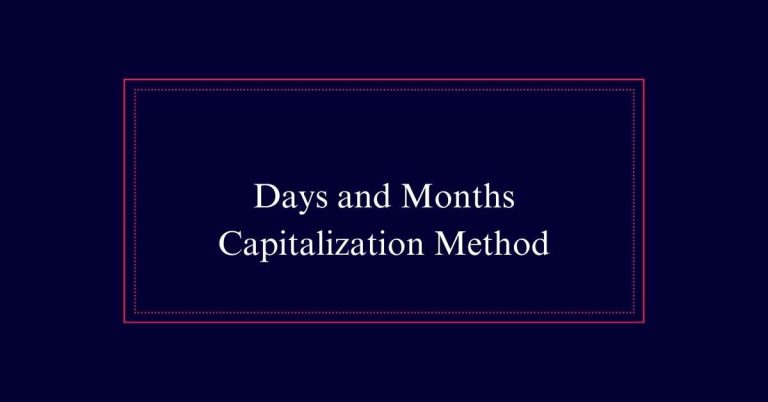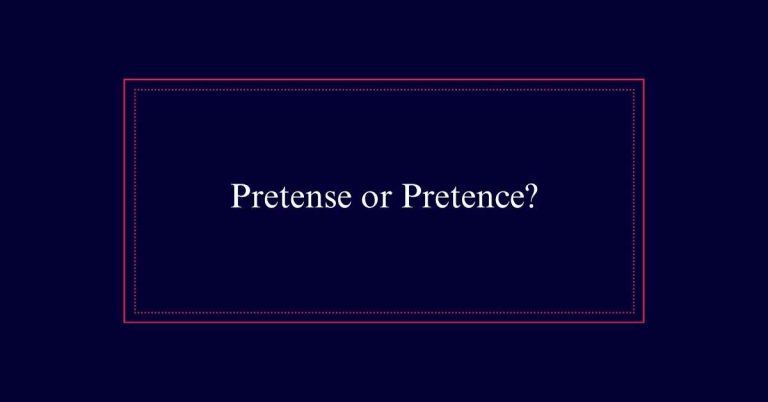Anyway, Anyways, or Any Way?
‘Any way’ means ‘in any manner’ or ‘by any means’ and is used in formal writing to describe a method. ‘Anyway’ is an adverb used to shift topics or add emphasis, suitable for both formal and informal contexts. ‘Anyways’ is a nonstandard form used informally to create a conversational tone, common in casual speech and writing.
What Is ‘Any Way’?
‘Any way’ is a two-word phrase that means ‘in any manner’ or ‘by any means.’ In formal writing, it can often be substituted with these phrases to maintain clarity.
The Random House Dictionary notes that ‘anyway’ as a single word serves a different purpose. When you can replace ‘any’ with ‘in the’ within a phrase, you are likely using ‘any way’ correctly.
For example, ‘He couldn’t find any way to solve the problem’ can be rephrased as ‘He couldn’t find in any manner to solve the problem.’ These subtleties help writers maintain accuracy in their language.
Formal Usage of ‘Any Way’
In formal writing, ‘any way’ is used to convey the meaning ‘in any manner’ or ‘by any means.’ This two-word phrase is often employed when discussing methods or approaches. For example, ‘You can solve this problem any way you choose,’ signifies flexibility in the manner of solving the problem.
Here is a table to clarify these uses:
| Usage Example | Meaning |
|---|---|
| ‘You can complete the task any way.’ | ‘You can complete the task in any manner.’ |
| ‘Achieve the goal any way you can.’ | ‘Achieve the goal by any means possible.’ |
| ‘Handle the situation any way needed.’ | ‘Handle the situation in any manner needed.’ |
Understanding ‘Anyway’
While ‘any way’ focuses on flexibility in methods or approaches, ‘anyway’ serves a different purpose in language.
‘Anyway’ is an adverb used to indicate a shift or to resume a topic after a digression. It can also imply persistence or continuation despite obstacles, as in “We went to the beach anyway, even though it was raining.” Additionally, ‘anyway’ can reinforce a statement, adding emphasis, such as in “I didn’t like the movie anyway.” Its usage is prevalent in both formal and informal contexts, making it a versatile word.

When to Use ‘Anyways’
Although ‘anyways’ is considered nonstandard, it can be effectively used in informal contexts to create a conversational tone. This word is often seen in casual speech and writing, where it adds a down-to-earth and relatable feel. Its usage is synonymous with ‘anyway’ but carries a more relaxed vibe.
Here are three key points to remember about using ‘anyways’:
- Informal Writing: Ideal for blogs, personal letters, and casual emails.
- Dialogue: Suitable for character speech in novels or scripts to reflect natural conversation.
- Conversational Tone: Helps in engaging readers and making the content feel approachable.
‘Anyways’ in Informal Speech
In informal speech, ‘anyways’ often pops up as a casual alternative to ‘anyway.’ This usage is generally accepted in everyday conversation and relaxed writing styles. Although it is considered nonstandard, ‘anyways’ adds a touch of colloquial authenticity. It is synonymous with ‘anyway’ and can also mean ‘to any degree at all.’
Here are some points to remember:
- Colloquial Acceptance: ‘Anyways’ is widely accepted in casual settings but not in formal writing.
- Historical Roots: It originated as an archaic form and persists in modern informal speech.
- Synonymity: It carries the same meaning as ‘anyway,’ making them interchangeable in informal contexts.
Formal Vs. Informal Contexts
Drawing from the casual acceptance of ‘anyways’ in informal speech, it’s important to take into account how word choice varies between formal and informal contexts.
In formal writing, ‘anyway’ is the recommended standard. It maintains a professional tone and adheres to conventional language norms.
Conversely, using ‘anyways’ can create a relaxed, conversational feel, suitable for informal contexts such as casual emails or social media posts. Journalist Clyde Haberman, for instance, used ‘anyways’ in a 2009 New York Times article to convey an informal tone.
Audience and Context Matters
The appropriateness of using ‘anyway’ or ‘anyways’ depends greatly on the audience and context. In professional settings, ‘anyway’ is preferred due to its formal tone. Conversely, ‘anyways’ is better suited for informal interactions, where a relaxed tone is acceptable. Choosing the right term can have a profound impact on how your message is received.
Here are key points to ponder:
- Formality: Use ‘anyway’ in formal writing, such as business reports or academic papers.
- Informality: Use ‘anyways’ in casual conversations or informal writing, like blog posts or personal emails.
- Audience expectations: Understand your audience’s preferences and adjust your language accordingly to ensure clarity and appropriateness.
Language Variations and ‘Anyways’
Language variations, such as the use of ‘anyways,’ enrich English by reflecting historical and regional differences. ‘Anyways’ is a colloquial variant of ‘anyway,’ stemming from Old and Middle English, where adverbs commonly ended in -s. While ‘anyways’ is often viewed as nonstandard or informal, it is widely accepted in casual speech and writing.
The preservation of such variations contributes to the richness of the language by showcasing its evolution. British English, for instance, retains the -s in words like ‘towards.’ Understanding these variations helps in appreciating the diverse ways English can be used.

